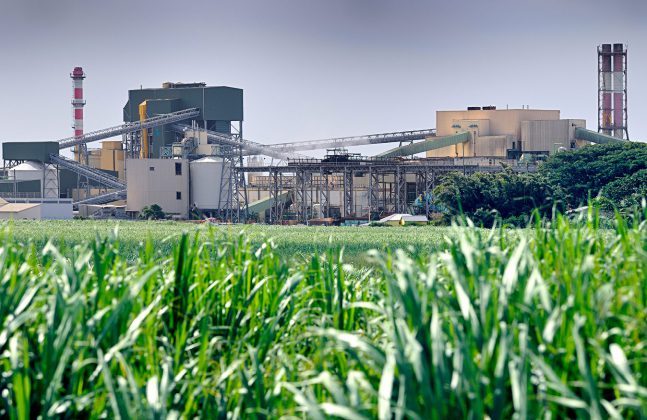The process of transforming cane sugar into refined white sugar takes many steps, including crushing the raw product to release sugar cane juice, clarifying the juice and filtering impurities, crystallising to produce molasses and boiling the substance to produce raw sugar crystals.
From handling raw sugar cane in the beginning of the process through juice production, corrosion and abrasion are considered two of major issues for plant managers, particularly when it comes to the maintenance and upkeep of sugar processing equipment as well as the facility’s fittings and fixtures.
This includes cane tables, carriers, mill internals and diffusers as well as flooring materials used throughout the facility but most pertinently in processing areas.
So aggressive is the nature of the corrosion and abrasion witnessed in the sugar milling industry that this problem costs shareholders millions in unwanted expense each year in a climate where the focus is typically on reducing plant running costs throughout all operations.
Maintenance costs can be reduced by applying the correct coatings to corrosion-prone materials, notably the use of high-performance resin floor coating systems to protect concrete surfaces; offering enhanced strength, durability and chemical resistance. If not treated with the appropriate materials, serious degradation problems can occur instantly.
Cementitious polyurethane (PU) flooring materials are widely recommended as the best option for arduous wet and dry food processing environments as well as areas subject to severe thermal cycling or chemical spillage and exposure – having been used extensively in this sector for more than 60 years.
Cementitious PU systems offer excellent resistance to organic acids and alkaline materials, providing an effective barrier that protects concrete from attack by the chemicals typically encountered in food plants – including the corrosive effects of sugar cane and sugar solutions.
Their relative permeability mitigates the effects of moisture vapour transmission and alkaline-silica reaction related failures that are commonly experienced with impermeable finishes that have traditionally been used in these environments.
Polyurethane resin systems exhibit a thermal co-efficient of expansion, which is similar to that of concrete. This offers excellent benefits when installed directly over concrete in environments subject to thermal shock and thermal cycling as it prevents the material from cracking when subject to large temperature swings – up to 250°F.
Cementitious PU resin flooring solutions are non-porous, preventing bacteria and mould spores from surviving in joints or cracks typical of alternative flooring systems such as tiles or acid bricks. They are also low odour as well as non-toxic and non-hazardous.
These systems can be positively textured underfoot to minimise the risk of slip-fall accidents, particularly in damp or moist conditions.
A typical cementitious PU material comes in mortar form, combining cement and water-based technologies that exhibit a high cross-linked density. Cementitious PU systems are easy to install and cure to service very quickly, making these systems an ideal choice for projects with very short installation and cure windows.
A properly selected, installed and maintained cementitious PU flooring systems will provide a robust and dependable surface that effectively and economically meets the challenging requirements of sugar milling facilities. Specifying correct coatings at design stage or during plant maintenance will assist to reduce plant running costs and increase the lifecycle of the plant.
1 thought on “Why the Corrosive Effects of Sugar on the Floor of Milling Facilities are Far From Sweet”
Comments are closed.






I totally agree with you.Its important to choose specific coating at the time of design stage to avoid corrosion and rusting in industries .This article is very informative.Keep sharing such article.